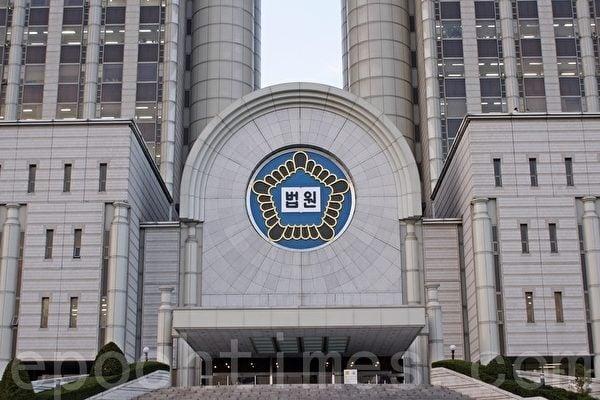A former Samsung researcher was arrested and a South Korean executive linked to SK Hynix was convicted for crimes related to technology espionage in China.
South Korean authorities have charged a 49-year-old former head researcher, known only as “A,” from Samsung Display (SDC) for violations under the “Unfair Competition Prevention Act.” The charge sheet alleges that between 2018 and May 2020, “A” sought to leak critical SDC technologies associated with OLED display ELA (Excimer Laser Annealing) equipment and reverse optical systems, in addition to OCR inkjet technologies, to companies in China.






